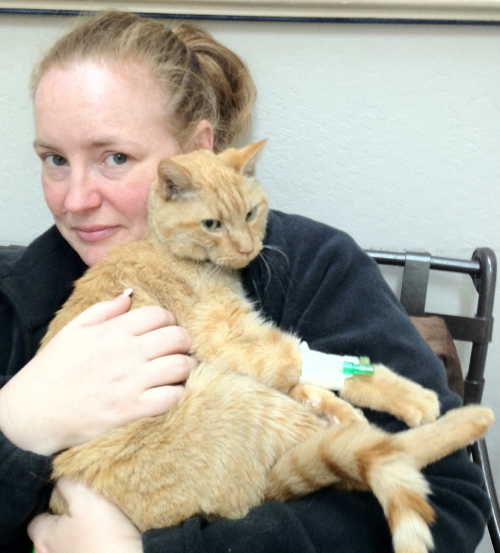The latest of Banks’ Culture novels is also my favorite since Use of Weapons, as it’s a good crunchy book with some interesting moral considerations and a lot of insight into how the Culture works.
The book opens by introducing the major characters, two of whom die in their first chapters (but, this being a Culture novel, that’s merely a minor impediment). First, Lededje Y’breq is a slave, indentured the Joiler Veppers, the richest and most powerful man on the planet Sichult, consigned to that fate because of the failings of her father years before. (Veppers’ point of view is also part of the book.) Second, Vatueil, a soldier in a war (about which more in a minute). Third (but least), Yime Nsokyi, an Culture agent of the arm of Contact called Quietus, which works with the electronically stored remnants of the dead. Last, Prin and Chay, a pair of aliens who have sent copies of their minds into their planet’s simulated hell, where the minds of the dead whom their world have deemed worthy of eternal punishment are sent, their goal being to expose the truth of the existence of this hell to the rest of their world.
In fact the framework of Surface Detail is a virtual war (a war game, if you will) between two sides supporting and opposed to these electronic hells; the Culture opposes them, but for various reasons is not part of the actual conflict. Vatueil is, and his side has a difficult decision to make as the war progresses. Veppers is also contracting with one side in the war, which makes Lededje’s existence interesting to various parties once people learn about her. Yime’s role might seem the most important given her job, but she’s actually a peripheral character to the plot overall. And while Prin and Chay don’t contribute directly to the plot, their stories are the most emotionally powerful, as one of them executes the mission in the real world while the other is left to suffer in the hell they entered.
Surface Detail is full of moral conflicts. The war over the hells seems like a proxy for the moral conflicts of the modern day (abortion rights, for instance), in which each side is utterly convinced of the rightness of their cause, while still being a believable science fictional concept. Banks doesn’t pretend to provide a balanced view, fair enough as this is a Culture novel and all of the characters are more-or-less aligned with its point of view on this matter. So the arguments in favor of the hells don’t hold much water in this book. And Prin and Chay’s experiences wholeheartedly support the Culture’s point of view.
Other conflicts are muddier. Lededje naturally enough wants revenge on Veppers, but the Culture (1) doesn’t hold dominion over Sichult, and (2) isn’t about to get directly involved in someone else’s desire for revenge. Of course, this being a Culture novel, there are deeper games going on here, and the Culture is perfectly happy to help transport Lededje back to her homeworld.
The best parts of the book involve two things: First, the insight we get into how the Culture works – people being revived after death, outsiders acclimating to life in the Culture, the degrees of personal freedom that people have in the Culture, and the nature of responsibilities in its post-scarcity civilization. And second, some of the crunchier high tech bits in the story, most notably the fast picket Falling Outside the Normal Moral Constraints, which transports Lededje back to Sichult. There are also some nifty remnants of a much older civilization lying around which cause some issues.
The various plot threads dance around each other, most of them not directly meeting, but all relating thematically. Although there’s a rather nifty twist at the end which ties up some elements in a particularly satisfying manner. Although there are bits that seem superfluous (Yime’s presence in the book, for instance) and could have been edited out, and the story builds slowly until really getting going in the final third, overall Surface Detail is a thought-provoking and engaging adventure – quite satisfying, especially considering that some of Banks’ books leave me more baffled than entertained.
Why can’t they all be like this one?





